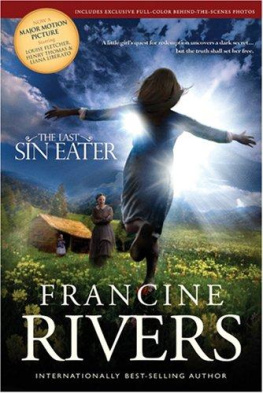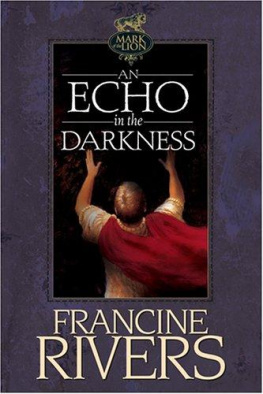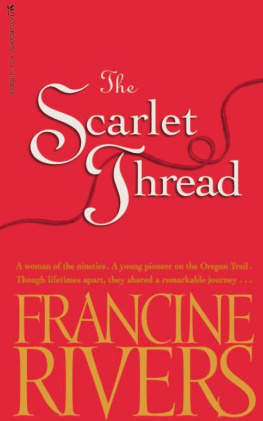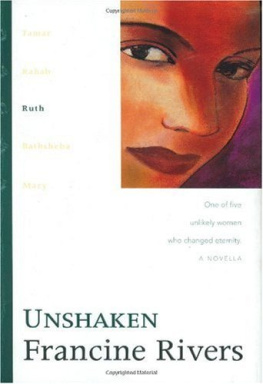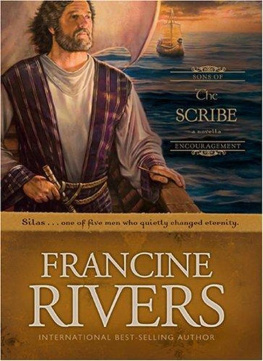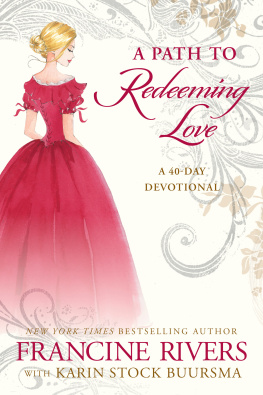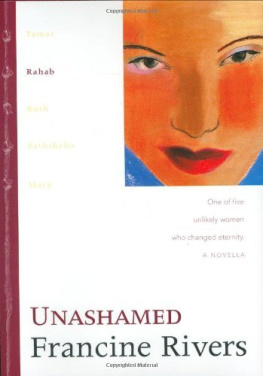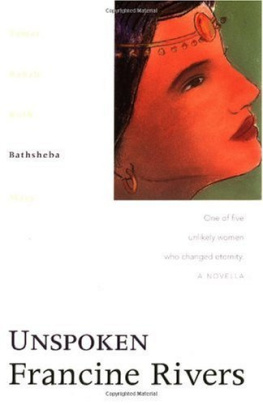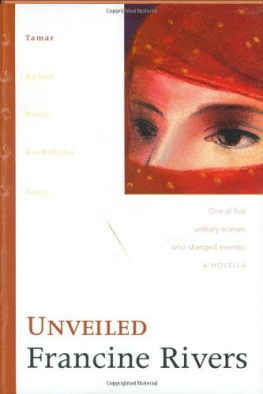The city was silently bloating in the hot sun, rotting like the thousands of bodies that lay where they had fallen in street battles. An oppressive, hot wind blew from the southeast, carrying with it the putrefying stench of decay. And outside the city walls, Death itself waited in the persons of Titus, son of Vespasian, and sixty thousand legionnaires who were anxious to gut the city of God.
Even before the Romans crossed the Valley of Thorns and camped on the Mount of Olives, warring factions within Jerusalem's city walls had prepared the way for her destruction.
Jewish robbers, who now fled like rats before the Roman legions, had recently fallen upon Jerusalem and murdered her prominent citizens, taking over the holy temple. Casting lots for the priesthood, they turned a house of prayer into a marketplace of tyranny.
Fast behind the robbers came rebels and zealots. Directed bY rival leaders--John, Simon, and Eleazar--the warring factions raged within the three walls. Swollen with power and pride, they sliced Jerusalem into bloody pieces.
Breaking the Sabbath and the laws of God, Eleazar stormed Antonia Tower and murdered the Roman soldiers within it. Zealots rampaged, murdering thousands more who attempted to bring order back to a maddened city. Unlawful tribunals were set up and the laws of man and God mocked as hundreds of innocent men and women were murdered. Houses full of corn were burned in the chaos. Famine soon followed.
In their despair, righteous Jews prayed fervently for Rome to come against the great city. For these Jews believed that then, and only then, would the factions within Jerusalem unite in one cause: freedom against Rome.
Rome did come and, their hated ensigns held high, their war cry rang across all of Judea. They took Gadara, Jotapata, Beersheba, Jericho, Caesarea. The mighty legions marched in the very footsteps of devout pilgrims who came from every corner of the Jewish nation to worship and celebrate the high holy days of the Feast of the Unleavened Bread--the Passover. Innocent tens of
thousands poured into the city and found themselves in the midst of civil war. Zealots closed the gates, trapping them inside. Rome came on until the sound of destruction echoed across the Valley of Kidron against the walls of Jerusalem itself. Titus laid siege to the ancient, holy city, determined to end Jewish rebellion once and forever.
Josephus, the Jewish general of fallen Jotapata who had been taken captive by the Romans, wept and cried out from atop the first wall defeated by the legionnaires. With Titus' permission, he pleaded with his people to repent, warning them that God was against them, that the prophecies of destruction were about to be fulfilled. Those few who listened to him and managed to evade the zealots in their escape reached the greedy Syrians--who dissected them for the gold pieces they had supposedly swallowed before deserting the city. Those who didn't heed Josephus suffered the full fury of the Roman war machine. Having cut down every tree within miles, Titus built siege engines that hurled countless javelins, stones, and even captives into the city.
From the Upper Market Place to the lower Acra and the Valley of Cheesemongers between, the city writhed in revolt.
Inside the great temple of God, the rebel leader John melted down the sacred golden vessels for himself. The righteous wept for Jerusalem, the bride of kings, the mother of prophets, the home of the shepherd king David. Torn asunder by her own people, she lay gutted and helpless, awaiting her death blow from hated Gentile foreigners.
Anarchy destroyed Zion, and Rome stood ready to destroy anarchy.., anytime.., anywhere.
Hadassah held her mother, tears blurring her eyes as she stroked the black hair back from her mother's gaunt, pale face. Her mother had been beautiful once. Hadassah remembered watching her take her hair down until it lay, glistening in thick waves, against her back. Her crowning glory, Papa called it. Now, it was dull and coarse, and her once-ruddy cheeks were white and sunken. Her stomach was swollen with malnutrition, the bones of her legs and arms clearly outlined beneath a gray overdress.
Lifting her mother's hand, Hadassah kissed it tenderly. It was like a bony claw, limp and cool. "Mama?" No response. Hadasah looked across the room at her younger sister, Leah, lying on a
5 Jerusalem
dirty pallet in the corner. Thankfully, she was asleep, the agony of slow starvation briefly forgotten.
Hadassah stroked her mother's hair again. Silence lay upon her like a hot shroud; the pain in her empty belly was almost beyond endurance. Only yesterday she had wept bitterly when her mother had uttered thanks to God for the meal Mark had been able to
scavenge for them: shield leather from a dead Roman soldier. How long before they all died?
Grieving in the silence, she could still hear her father speaking to her in that firm but gentle voice. "It is not possible for men to avoid fate, even when they see it beforehand."
Hananiah had spoken these words to her scant weeks ago--though now it seemed like an eternity. He had prayed all that morning, and she had been so afraid. She had known what he was going to do, what he had always done before. He would go out before the unbelievers and preach about the Messiah, Jesus of Nazareth.
"Why must you go out again and speak to those people? You were almost killed the last time."
"Those people, Hadassah? They're your kinsmen. I'm a Benjaminite." She could still feel his gentle touch on her cheek. "We must seize every opportunity we can to speak the truth and proclaim peace. Especially now. There's so little time for so many."
She had clung to him then. "Please, don't go. Father, you know what'll happen. What'll we do without you? You can't bring peace. There is no peace in this place!"
"It is not the world's peace I speak of, Hadassah, but God's. You know that." He had held her close. "Hush, child. Do not weep so."
She wouldn't release him. She knew they wouldn't listen--they didn't want to hear what he had to tell them. Simon's men would slash him to pieces before the crowd as an example of what became of those who spoke for peace. It had happened to others.
"I must go." His hands had been firm, his eyes gentle, as he had tipped her chin. "Whatever happens to me, the Lord is always with you." He'd kissed her, hugged her, then put her away from him so he could embrace and kiss his other two children. "Mark, you will remain here with your mother and sisters."



